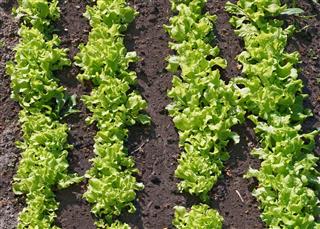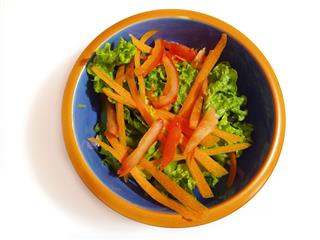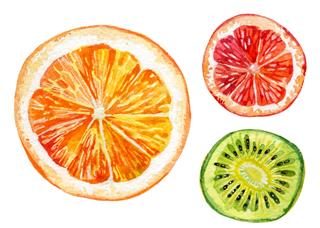
Impaction of the bowels or fecal impaction, is the condition where a large mass of hard and dry stool develops in the rectum and leads to severe constipation. This health condition can invite other serious health complications, if not treated on time. Keep reading to know about the causes and effective treatment for impacted bowel.
When a person suffers from bowel obstruction, the large mass in the rectum becomes so hard that it doesn’t come out of the body. Sometimes, watery stool higher in the bowel can move around this large mass and cause soiling or diarrhea. Also, constipation leads to serious discomfort in the person suffering from such a condition. However, there are various effective treatments one can use for getting rid of this mass to maintain their digestive health. Here, are some of the symptoms and causes of it.
Symptoms
A person suffering from this condition can show the following symptoms.
- Rectal bleeding
- Stomach cramps
- Frequent straining with the passage of the liquid
- Semi-formed stools which are small in size
- Sudden watery diarrhea
- Chronic constipation
- Abdominal bloating
- Lower back pain
Causes
As mentioned above, constipation is the main cause of fecal impaction. Constipation occurs when a person is not able to pass their stools as normally they would have. During constipation, passing of stool becomes difficult, because the stool becomes dry and hard. Hence, constipation can lead impacted bowel.
Some people are at a higher risk of developing impacted bowels than others. The people who are at a risk are:
- Bedridden patients
- Patients with severe diseases related to the nervous system
- People on anticholinergics drugs; such drugs affect the interaction between specific nerves and muscles
- People on narcotic pain medicine
- People on methadone maintenance treatment for drug addiction
- People taking diarrhea medication
Treatment
If you have this condition and are showing signs of the same, it is important that you contact a doctor. Contact the doctor if you notice abdominal pain accompanied with bloating or blood with stools, sudden constipation with cramps or very thin pencil like stools. The doctor will check your abdomen and rectum area, the rectal exam will be able to identify a hard mass of dry stool. If you had a recent change in your bowel habits, sometimes, the doctor might recommend a colonoscopy procedure, to look for the condition of rectal or colon cancer.
Medication: Medicine is used to prevent further fecal impaction, and stool softeners are also recommended. Stool softeners like docusate help to pass soft stools out of the body. Laxatives are also recommended to treat it.
Diet: A person is advised to increase the intake of fibers in their diet, when suffering from bowel movement problems. Fibers help to regulate good bowel movements, and also help to get rid of fat in the body. The foods rich in fiber are dark green leafy vegetables, legumes and fresh fruits. A person is also recommended to take a lot of fluids when suffering from this condition.
Exercise: Regular exercising helps to maintain normal bowel movements. People who are confined to their bed or wheelchair should keep changing their position and perform abdominal exercises of contraction and leg raises. If it is possible the patient should do these exercise several times in the day.
Enema: Other methods to get rid of the impacted bowels is enema. A person is administered generally with a mineral oil enema to get rid of the large mass in the bowels. Enema is also given to establish regular bowel movements, and is a great colon cleanse method.
Surgery: Rarely surgery is required to treat obstructed bowel, however when the fecal impaction is not removed it can cause widening of the colon along with constipation. In such cases, emergency surgery is required, sometimes the injured bowel tissue is also removed.
This condition can cause a lot of discomfort to a person for which the above methods of treatments are recommended. The results from the above methods are quite effective and measures like exercising, drinking plenty of water, following a high fiber diet, and enema help to restore normal bowel functions in a person suffering from it.










